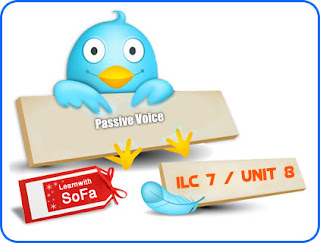A finite verb is a verb that is inflected for person and for tense according to the rules and categories of the languages in which it occurs. Finite verbs can form independent clauses, which can stand by their own as complete sentences.
A non-finite verb has no subject, tense or number. The only non-finite verb forms are the infinitive (indicated by to), the gerund or the participle.
Some Types Tense:
- Finite verb forms include: I go, she goes, he went
- Non-finite verb forms include: to go, going, gone
- Most finite verbs can take an -ed or a -d at the end of the word to indicate time in the past:cough, coughed; celebrate, celebrated.
- Nearly all finite verbs take an -s at the end of the word to indicate the present when the subject of the verb is third-person singular: cough, he coughs; celebrate, she celebrates.
- Finite verbs are often groups of words that include such auxiliary verbs as can, must, have, and be: can be suffering, must eat, will have gone.
- Finite verbs usually follow their subjects: He coughs. The documents had compromised him. They will have gone.
- Finite verbs surround their subjects when some forms of a question are asked: Is he coughing? Did they celebrate?































